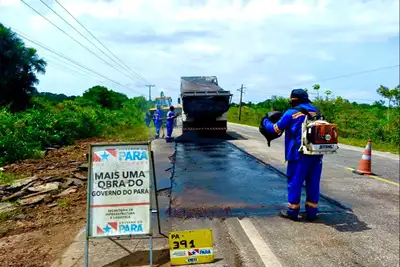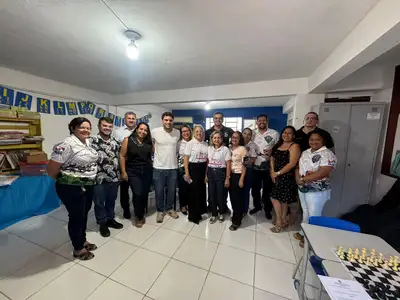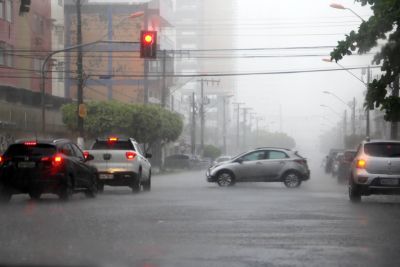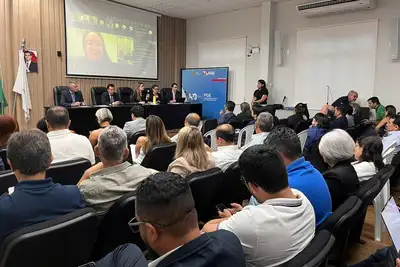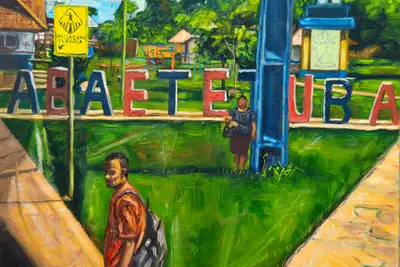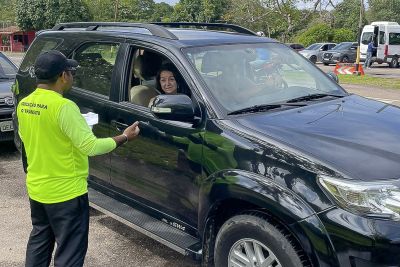Semas strengthens water management with technical training for public servants
Courses are part of the State Training Plan in Water Resources and aim to enhance the performance of public agencies, strengthening the interface with civil society
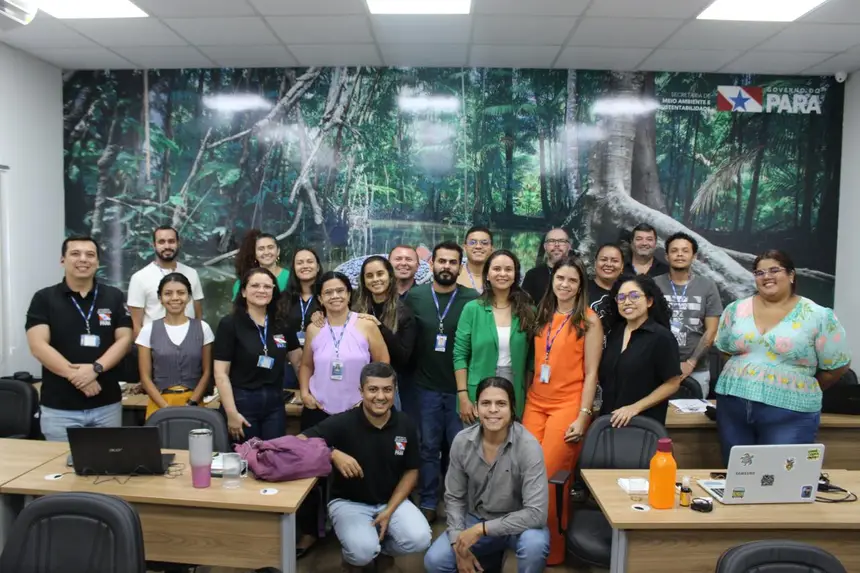
The State Secretariat for Environment, Climate and Sustainability (Semas) is intensifying the technical qualification of professionals working in water resource management in Pará. This initiative is part of the State Training Plan in Water Resources, which began in June 2025 and extends until 2027, with training aimed at public servants, civil society institutions, and representatives from strategic sectors.
The courses aim to strengthen the State Water Resources Management System (SEGRH/PA) through technical training and the dissemination of sustainable practices for the preservation and conscious use of water. The focus is on priority topics such as water quality, usage permits, geoprocessing, and integrated watershed management.
The first training was held at the Semas Training Center, focusing on Surface Water Quality Modeling. The training addressed monitoring and simulating water quality in Amazonian watersheds, using the QUAL-UFMG model.
“The training aims not only to strengthen institutions but also to promote awareness and action towards a sustainable future. The courses meet current demands and anticipate future needs,” highlighted Verônica Bittencourt, Planning and Water Resources Coordinator at Semas.
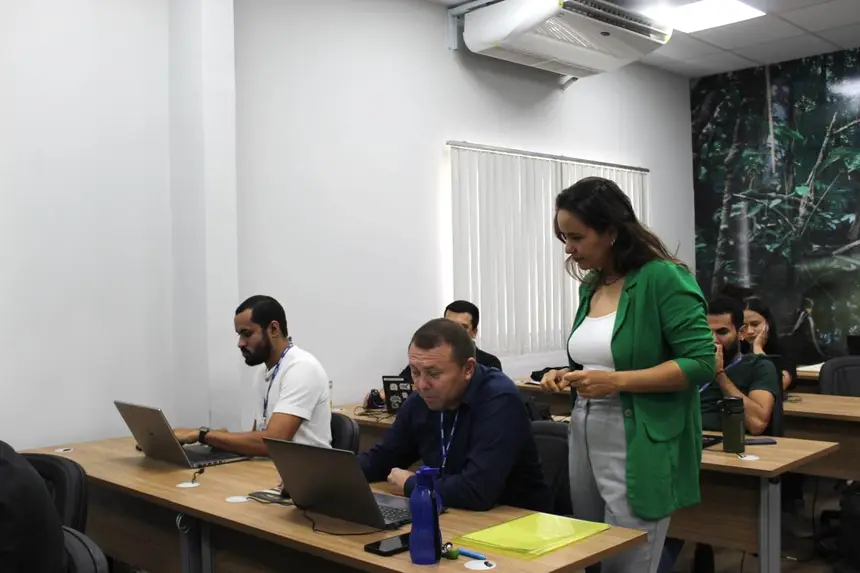
Scenario and impact assessment
The person responsible for delivering the training, Dr. Katiucia Adam, a specialist in water resources, explained that the course works with pollution simulations and the impacts of urbanization on water bodies. “We are using the QUAL-UFMG model to assess scenarios and impacts. With the complexity of Amazonian watersheds, it is essential to understand the parameters and interactions of water with urban processes,” she emphasized.
The plan also includes a course on Geoprocessing Applied to Water Resource Management, scheduled for July, which will address the application of spatial analysis technologies in environmental planning and monitoring.
Training in water usage permits and legal use
Another highlight of the plan is the training on Water Use Rights Permits, aimed at activities that may alter the natural conditions of water, such as supply, irrigation, and energy generation. One of the courses, held in June, had 80 participants from municipal secretariats, agricultural agencies, financial institutions, and technical assistance, focusing on the Tocantins-Araguaia Hydrographic Region.
“The proposal is to provide technical support and encourage the legal and sustainable use of water. This way, we strengthen a more integrated and efficient management of natural resources,” explained Maryelle Ferreira, Regulation Coordinator at Semas.
Practical application in sanitation
The technician from Cosanpa, Arthur Ribeiro, who works in monitoring water quality at treatment stations in the Metropolitan Region of Belém, highlighted the benefits of the training. “We learned to model the behavior of contaminants, identify degradation zones, and define more appropriate disposal methods. It was an enriching experience that directly contributes to our work.”
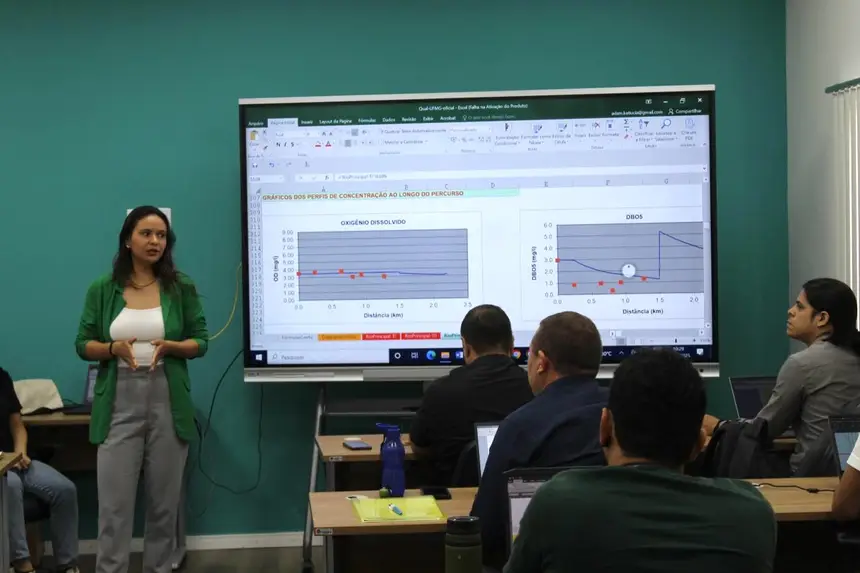
In alignment with the guidelines of the National and State Water Resources Policy, the State Training Plan seeks to consolidate technical and institutional competencies, enhancing Pará's response capacity to the challenges of water management, especially in the Amazon context.


